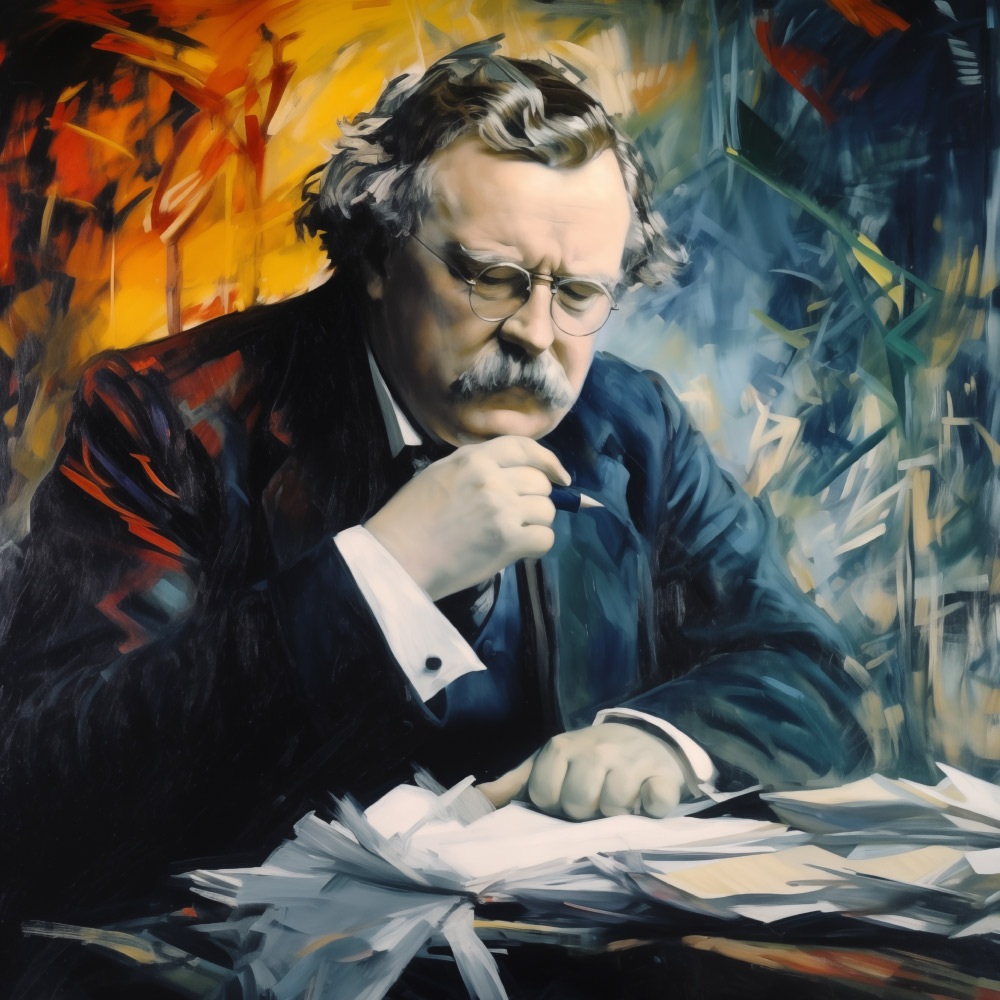Written by Burt Braunius /
December 14, 2014
Before I bought it, a “new” car I used to own was in a bad accident. The story goes like this. One day a young couple near Chicago ordered a new vehicle. They went to the dealership to take possession of it on a wintry November morning. As they signed their names to the  paperwork, a fierce storm front blew in. Before they left the dealership to take the car on its maiden voyage, another car skidded into the icy driveway of the car lot and slammed into the front of the couple’s brand-new vehicle.
paperwork, a fierce storm front blew in. Before they left the dealership to take the car on its maiden voyage, another car skidded into the icy driveway of the car lot and slammed into the front of the couple’s brand-new vehicle.
Because they had purchased a new, not used or damaged, car, they demanded that the dealer order them a factory-fresh replacement. In the end, the insurance company bought the new-but-crumpled vehicle and paid for the dealer to order another from the manufacturer. The insurance company had the crumpled car fixed to new-car specifications, and then sold it to a friend of mine who owns a car brokerage company. He, in turn, sold it to me for a significant discount from its original new-car price.
So, did I buy a new car, an old car, or a used car? It’s a little hard to say. Easier to get my mind around is the idea that my car was formed well, got deformed in an unsightly manner, and needed to be re-formed to the exacting standards of the manufacturer’s specifications.
That may be a helpful way to think about church history also, and about something we call being “Reformed.” If something needs to be “re-formed,” it is only because it had become “de-formed.” And “re-formation” after “de-formation” presupposes an original “formation.” According to the sixteenth century Reformers, that is also how it is with the church.
Much of what leaders do is about re-formation. A company gets started because of the passions of a particular individual, but as it grows, it gets twisted and sidetracked and stalled and unproductive until a new leader can re-form it with a return to its core identity in a new business environment. A political movement that began with the best of socially-transformative ideals comes into power and starts to stagnate because of all the little demands of administration until the values of the party are compromised, when a new leader has to call out the original vision once again with new policies for a new age. A church which originated as an energetic missional outpost morphs into an institutional structure of regimen and rules and regurgitation, banging on Death’s Door to be put out of its misery, when Jesus sends in a new leader to revision and republish the gospel of Life to a needy neighborhood.
Transformational church leaders understand the good values and principles that originally created new people out of old (2 Corinthians 5) by the grace of God, the dangers of contamination and compromise that turn the good into the indifferent or decrepit, and the voice of Jesus that beckons toward the coming of the Kingdom. They know what God did in forming a people for Himself. They understand the deforming powers of evil. And they are committed to the principles of reforming the living Church of Christ.
Church Leadership Center works in partnership with pastors, churches, and other ministry groups for the reformation and transformation of churches and individuals. We prepare congregational leaders for advanced levels of spiritual service. We do this by means of assessment interviews and reports; personalized training plans, mentor-mentee relationships, classes, and certification so that participants are able to increase their effectiveness in all areas of church life. Click here for more information from our web site and to read previous blogs. To view videos about Commissioned Pastors and those who support them, click here.
With thanks for this article to Dr. Wayne Brouwer. He is a board member of Church Leadership Center and theological editor. Dr. Brouwer is professor at Hope College, Holland, MI.








